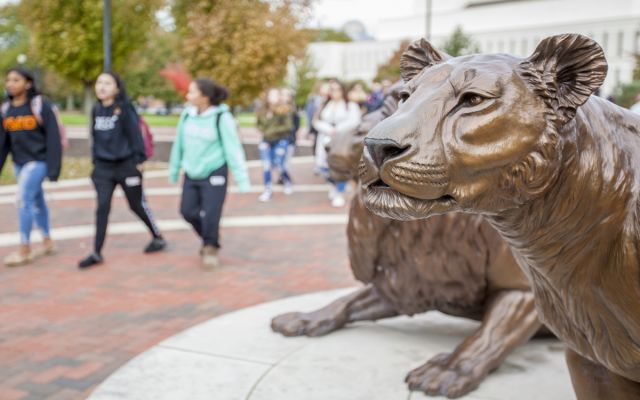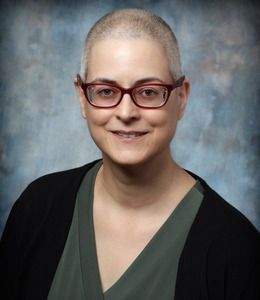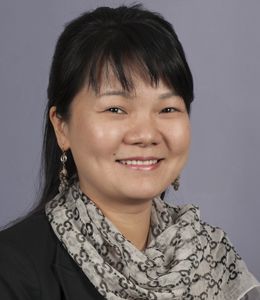The common theme of “community” has been selected at a time when the ideas and actions that define community seem more important than ever. In a time of fear and loss due to the COVID-19 pandemic, of reckoning with the pain and violence of systemic racism, and of insecurity and uncertainty about the future of our planet, it can feel as though our communities are riven.
But the prospect of studying community also offers hope for reparation and respair. We welcome first-year students to explore the theme of community from multiple perspectives, and to ask big questions. What makes up a community? How are we part of a community from a position of care for others? Who is excluded from or vulnerable in our communities? What do we owe our communities, and what do our communities owe us?
Courses and events across the first-year experience will take up the theme with approaches focusing on social justice, race, food insecurity, the environment and climate change, sustainability, and resilience. Faculty and students are collaborating across courses in biology, engineering, political science, English, and more, and students are joining a community of voices by contributing to a collective blog, “Writing Community at Widener.”
Key Readings
- Richard Rothstein, The Color of Law: A Forgotten History of How Our Government Segregated America
- Natasha Trethewey, Beyond Katrina: A Meditation on the Mississippi Gulf Coast
- Danez Smith, Don’t Call Us Dead
- Octavia Butler, Parable of the Sower
- Sarah Schulman, Let the Record Show: A Political History of ACT UP
- Rebecca Solnit, A Paradise Built in Hell: The Extraordinary Communities that Arise in Disaster
- Charles Vogl, The Art of Community: Seven Principles for Belonging



